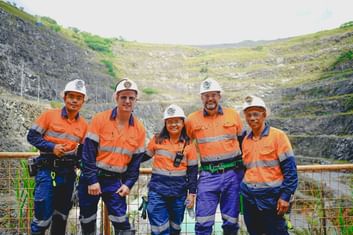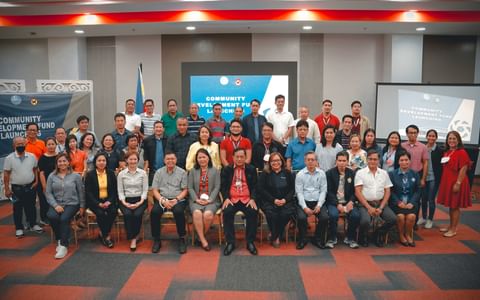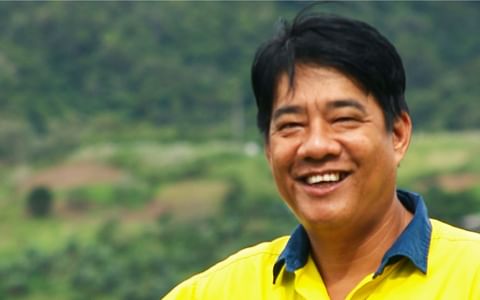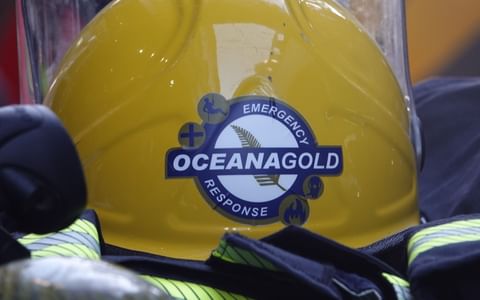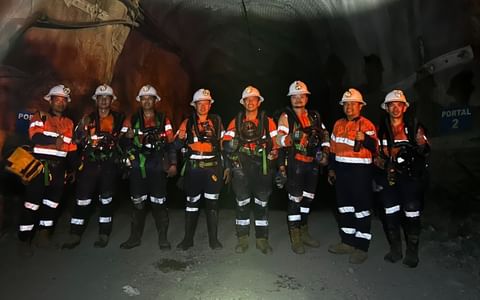Didipio Mine
Our Didipio Mine is located in the northern Luzon region of the Philippines. It is the second largest producer of gold and copper in the Country.*
*Philippine Mines and Geosciences Bureau for 2023, 2024 and H1 2025.
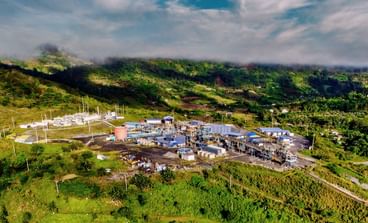
About Didipio
The Didipio area was first recognized as a gold province in the 1970s when alluvial gold deposits were discovered in the region. We acquired the Didipio project in 2006 as part of a merger with Climax Mining and subsequently built the mine, bringing it into commercial production in 2013. Didipio operated as an open pit until it transitioned to an underground mine in 2018.
Today, we blend ore stockpiled from the open pit phase with ore from the underground and are assessing the opportunity to increase underground mining rates to 2.5 million tonnes per annum. Didipio employs approximately 850 people, many of whom are from the local region.

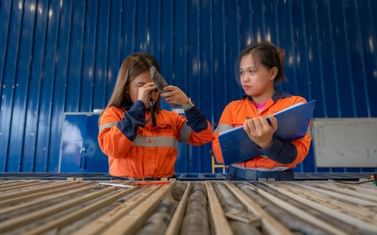
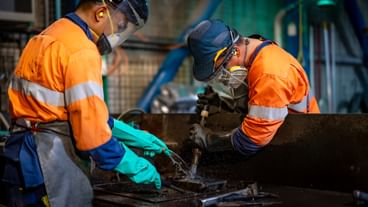
Quick Facts
Mine type: Open Pit Stockpile and Underground
Ownership: 80% OceanaGold, 20% Philippine Stock Exchange (PSE) Listed
Metals mined: Gold, Copper
Deposit type: Alkalic gold-copper porphyry
Processing type: Gravity, Flotation
Proven and Probable Reserves*: 1.23 Moz @ 0.84 g/t gold
Measured and Indicated Resources*: 1.44 Moz @ 0.92 g/t gold
Inferred Resources*: 0.20 Moz @ 0.80 g/t gold
* Mineral Reserve and Resource estimates as at December 31, 2024. Measured and Indicated Mineral Resource estimates are inclusive of Mineral Reserves.
Operating Results
|
2025 Guidance |
2024 Actuals |
||
|---|---|---|---|
|
Production & Costs |
|||
|
Gold produced |
koz |
85-105 |
97.0 |
|
Copper produced |
kt |
13-15 |
12.3 |
|
Total cash costs* |
$/oz |
800-900 |
851 |
|
All-in Sustaining Costs* |
$/oz |
1,150-1,250 |
1,140 |
* These are non-IFRS performance measures, which are included to provide a greater understanding of the underlying performance of our operations. Please see ‘Non-IFRS Financial Information’ in our latest MD&A.


